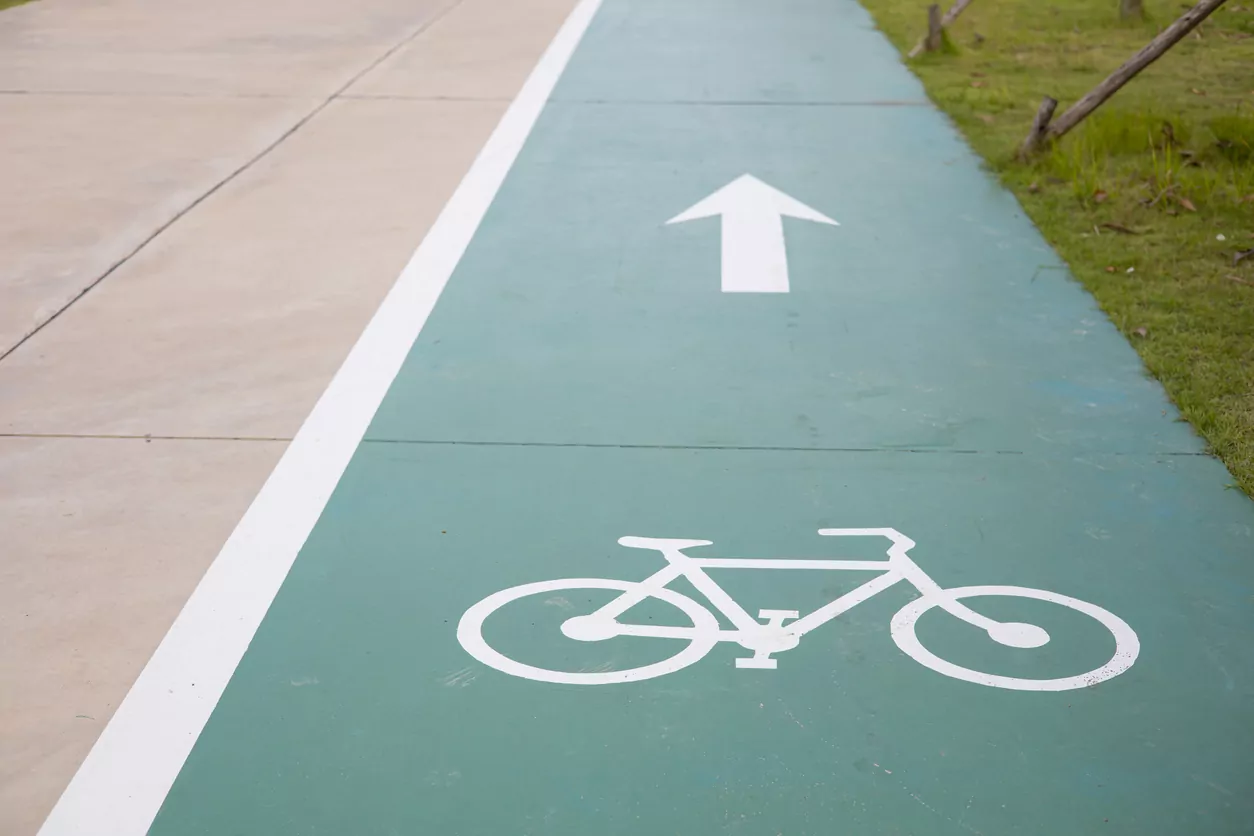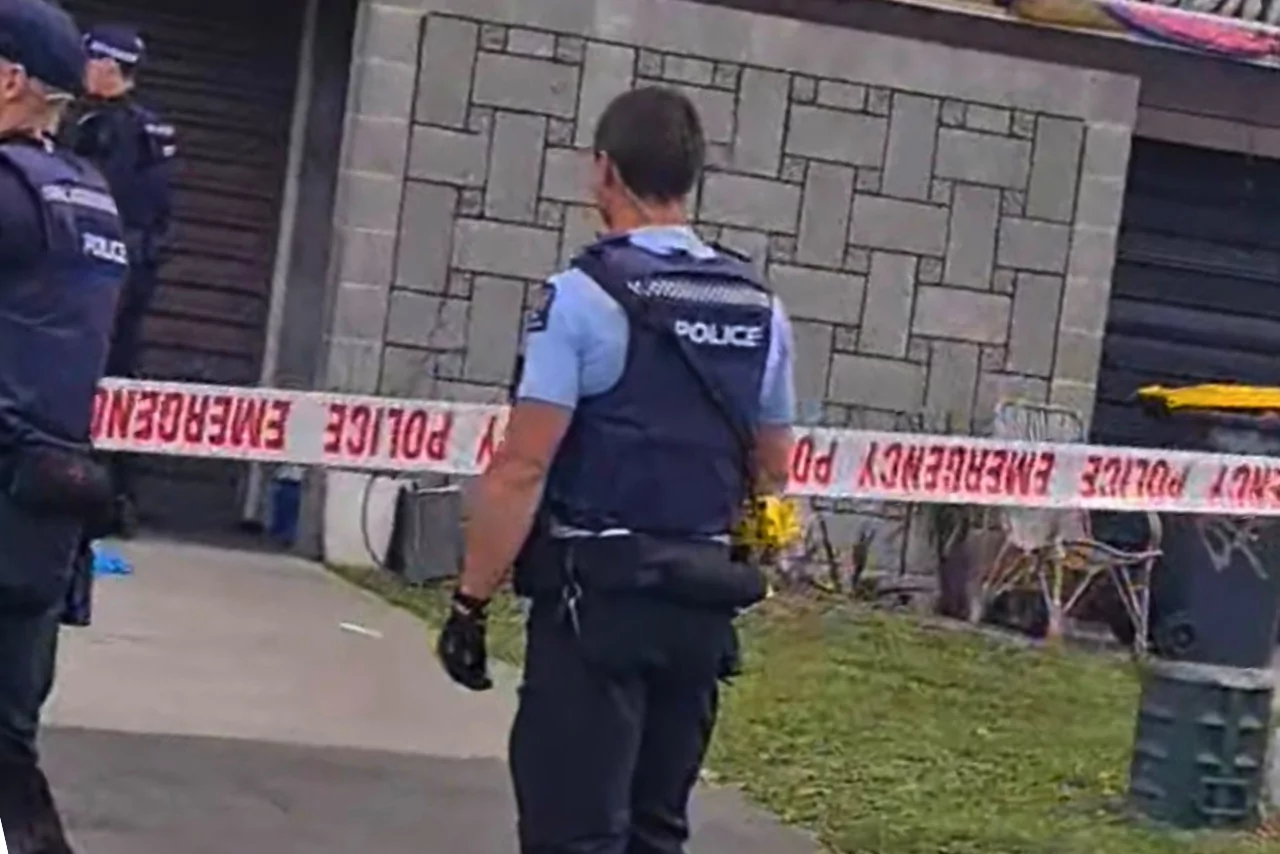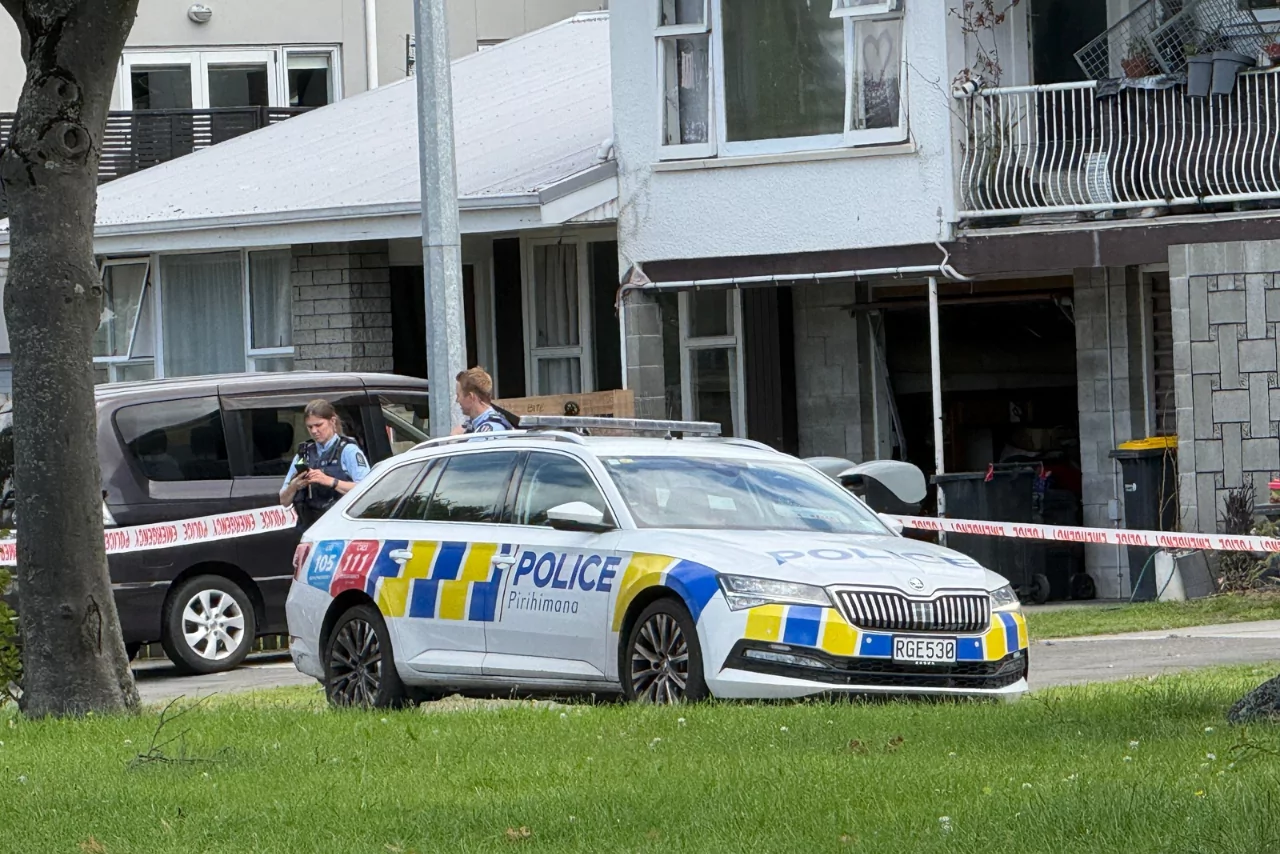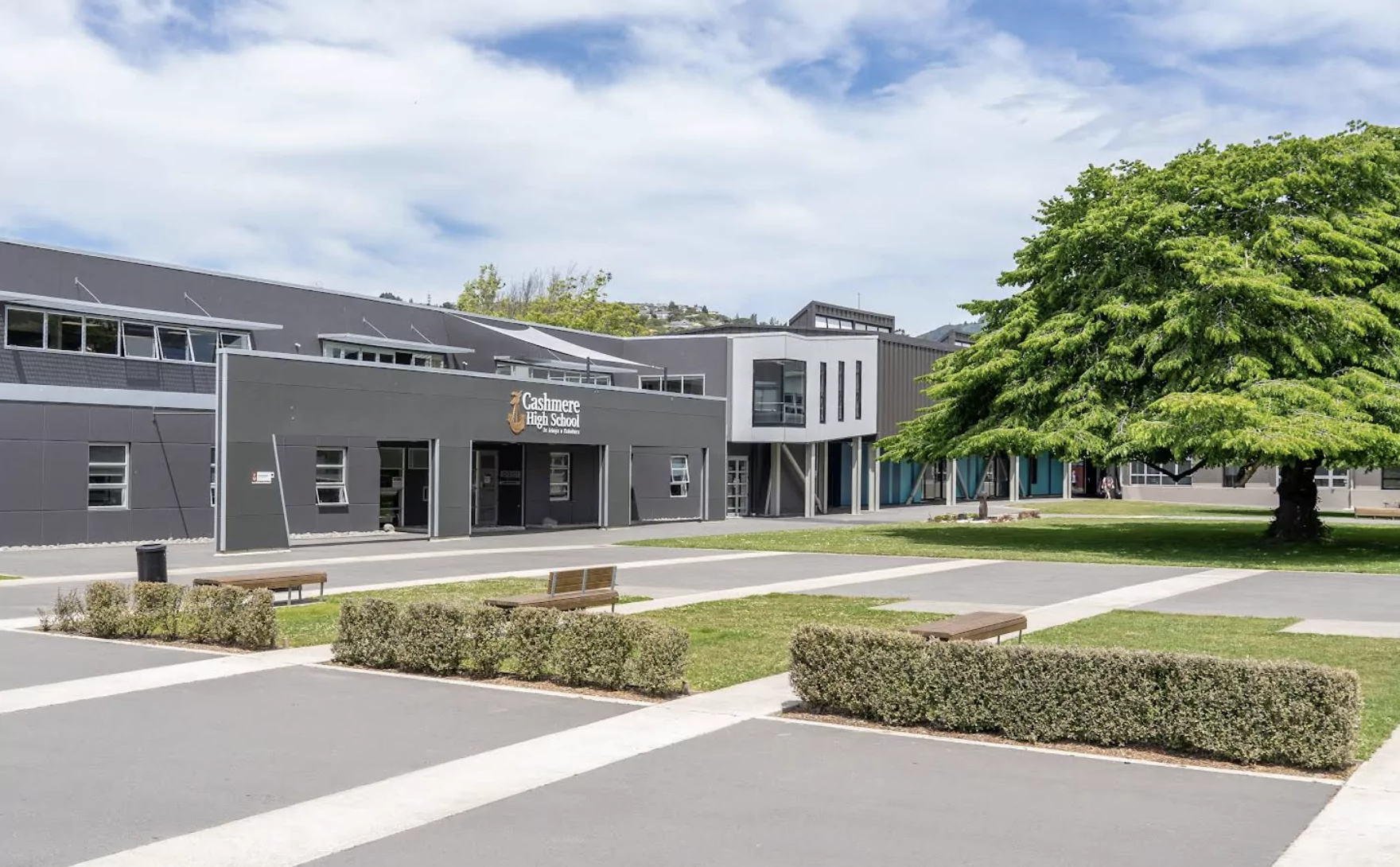Escaped youth tracked by Eagle helicopter, found hiding in New Brighton
The young person who escaped from a youth justice facility in Rolleston has been located...

Cycleways were the service that submitters most regularly told Christchurch City Council they could do without, according to new public feedback gathered as part of the 2025 Annual Plan process.
In a section titled Services submitters could manage without, the council report said 168 submitters provided input. “On average, submitters provided 1.3 services that they could manage without,” the report said.
“Cycleways were the service that submitters most regularly told us that they could do without, followed by spending on roads and streets (which most commonly included comments on traffic calming and speed reduction), and heritage (which was largely centred around the cathedral funding and general heritage spending).”
The report added, “Many of the things that submitters identified as things they could do without were things that other submitters told us they value the most. Again, highlighting the challenges of meeting the varied priorities, needs, and expectations of our communities.”
In a separate section on Opportunities for savings, 154 submitters provided feedback. “Generally, submitters mentioned areas where they thought spending was ‘wasteful,’ which often correlated with services they had previously stated that they could do without,” the report said.
“Areas commonly cited for potential savings included cycleways, parks, and libraries. However, as per the tables above, for every person who could do without spending on cycleways, there was another who valued it the most. Similarly, for every person who could do without spending on libraries, there were seven who valued it the most, and for parks, there were fourteen.”

Christchurch City Council Report
Other suggestions from submitters included “reducing or removing community grants and funding, reviewing staff salaries, managing contractors and consultants more effectively, and reconsidering various aspects of transport spending (e.g., road resurfacing and maintenance, traffic calming, and speed management), events, and access to recreation and sport centres.”
On the topic of cycleways, the report said: “Submitters were extremely divided on our proposed spending on cycleways. Of the 167 submitters who provided feedback on cycleways, 38 percent generally supported our proposed spend on cycleways, 32 percent opposed our proposed spending and 17 percent provided other suggestions or want us to do something different to what we have proposed. 13 percent provided general feedback.”
“Submitters who supported our proposed spend tended to view it as essential and supported the investment to provide residents with more travel choice and to make cycling safer.
Some highlighted the environmental benefits, while others discussed the positive impacts it would have on congestion and traffic flow as more people shift to commuting by bike. Many just provided their general support for further investment in cycleways.”
“Submitters who opposed our proposed spend on cycleways tend to outright oppose the development of cycleways, considering them to be a waste of money and unnecessary. In some instances, submitters expressed a view that cycleways are generally a nuisance to other road users, while others feel that cycleways are being developed at the expense of road repairs and maintenance. Others took issue with the fact that motorists have to pay road user charges and registration fees, but cyclists are not subject to the same fees and charges.”
“There were also submitters who thought that we should scale back and further delay cycling infrastructure to try and reduce costs and rates increases in the immediate future. Many of these submitters view cycleways as a nice to have and feel that the investment either is not necessary altogether or see it as something that can wait. Others feel that the cycleways are ‘over engineered’ and do not provide benefits that are commensurate with the amount spent on them.”
On the Wheels to Wings cycleway, the report said: “The Wheels to Wings cycleway remains a divisive issue, largely due to its perceived potential impact on other road users, as well as the impact on local residents and businesses.”
“Harewood Road is seen by many submitters as an already busy road requiring two lanes in each direction, and its existing on-street parking.”
“Other submitters told us that there was an urgency for this cycleway to proceed and that alternative routes are not suitable.”
“369 submitters provided comments on the proposed staged approach for the Wheels to Wings cycleway, 17 percent supported the proposed staged approach, 7 percent opposed, 67 percent provided other suggestions, and 9 percent provided general feedback.”
“Many of those who provided support for the staged approach simply highlighted their support for the proposed way forward. Some agreed that it is sensible to wait and see if government funding will be available for the project in the future.”
“In some instances, submitters indicated that while they were happy with what is currently proposed in the staged approach, in the long run they would like the rest of the project to be abandoned.”
“Those who opposed the staged approach tended to express their disappointment that the cycleway is being delayed again. They highlighted the need for safe cycling infrastructure in the northwest of the city, and many noted that the continued delays are leading to cost escalation.”
“These submitters believe that getting the cycleway done will reduce congestion, promote sustainable transport, and improve safety for cyclists – particularly in areas with high traffic volumes.”
“Some expressed a view that the cycleway is well aligned with the city’s overarching goal of creating a more connected and accessible city. They argued that the cycleway would make it easier for people to commute by bike, which is particularly important for those who cycle to work or school.”
“The majority of submitters provided other suggestions. Many of these submitters told us that they want the traffic lights installed at Harwood/Breens/Gardiners Roads installed, and the rest of the project abandoned.”
“These submitters also commonly highlighted their opposition to any spending on this cycleway (now or in the future), with some taking the view that it is unnecessary as they do not see cyclists using Harewood Road.”
“Feedback on the proposed crossing for Harewood School was mixed. Many submitters support a safe crossing for the school, emphasising the importance of safety for the children at the school. Some submitters who supported a safe crossing asked that a raised crossing platform be included in the design, highlighting encounters that children have had with fast-moving vehicles.”
“Others argued that the current measures along with a slow speed zone during school hours is adequate to protect the children crossing the road to go to school.”
“A few were concerned that traffic lights at the school may lead to additional congestion and suggested that the focus should be on improving traffic flow rather than adding additional signals.”
“For many, the cost of the cycleway was a concern. These submitters tended to argue that the funds could be better spent on other essential services or infrastructure projects.”
“For others, increased congestion is a concern, particularly on Harewood Road. They are concerned that reducing the road to a single lane will create bottlenecks and disrupt the flow of traffic.”
“In many cases, submitters highlighted that they have lived in the area for a number of years, see no need for a cycleway, and generally vehemently oppose it. In a number of cases these submitters argue that the current number of cyclists they see in the area does not justify the investment, suggesting that the cycleway is unlikely to be well utilised.”
“The feedback on the staged approach to Wheels to Wings once again highlights the competing priorities, opinions, and values of our residents and communities, and the challenge of balancing these diverse perspectives.”


